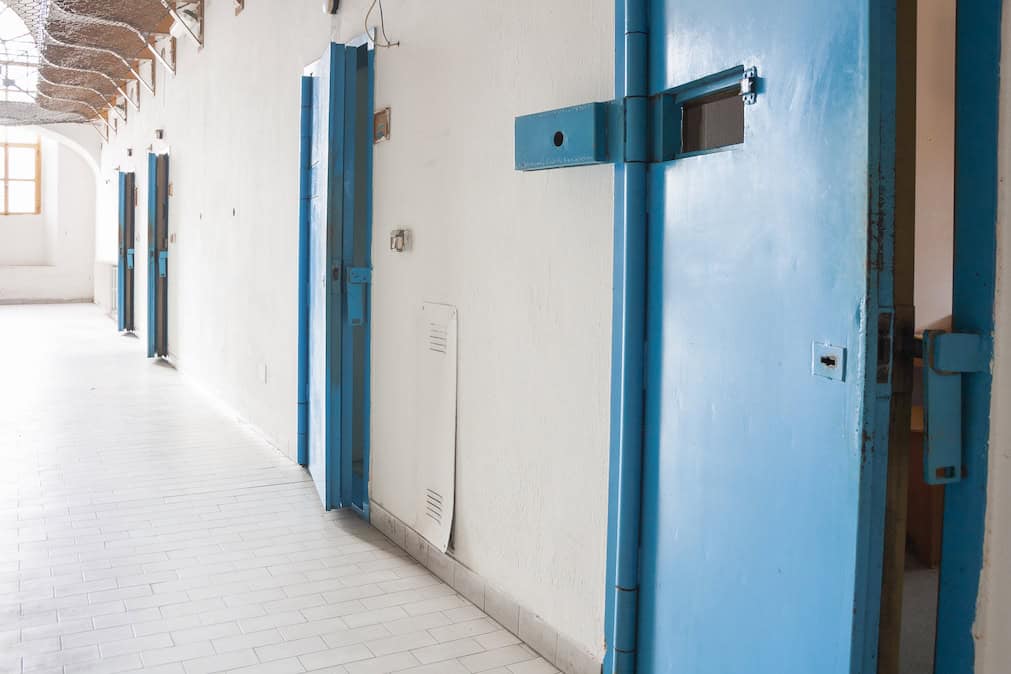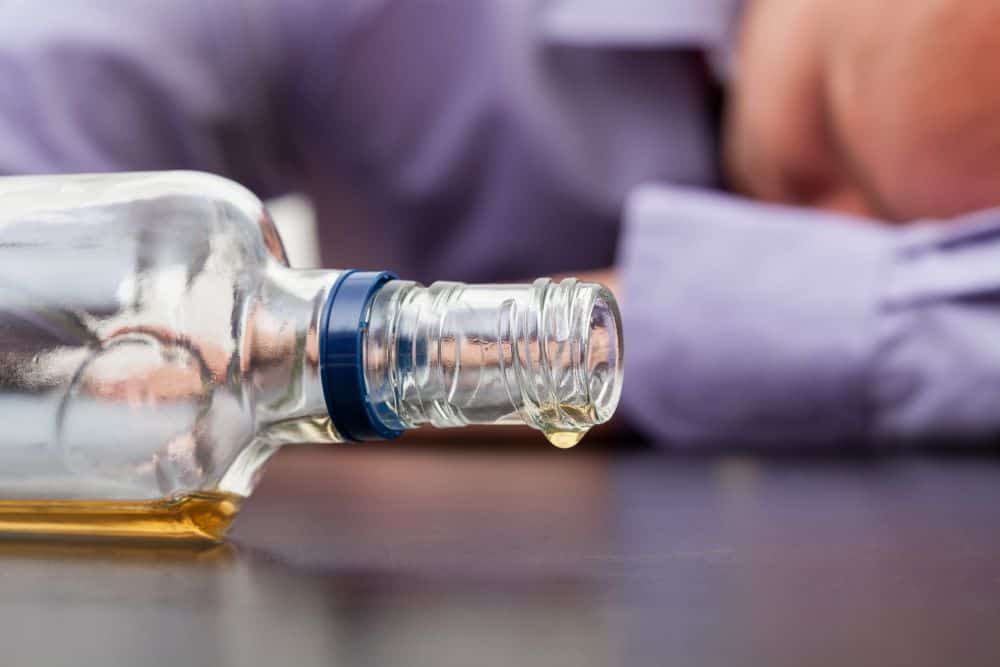Substance Abuse Evaluations in Child Custody Cases
Posted on July 24, 2013
A. Tom Horvath, Ph.D., ABPP
I make a number of assumptions when conducting a substance abuse evaluations as part of a litigation process:
The individual’s use is usually not less than the individual reports, but it might often be more (or much more).
Inaccurate accusations of substance abuse are common because there is usually little negative consequence for inaccurate accusations.
The parties to the litigation, and those connected with them, may provide biased and inaccurate information. Therefore outside corroboration of their reports is essential for determining the extent and consequences of substance use.
Getting Outside Corroboration:
As a practical matter, getting outside corroboration (information from sources not connected with the litigation) is difficult becau...
full story






